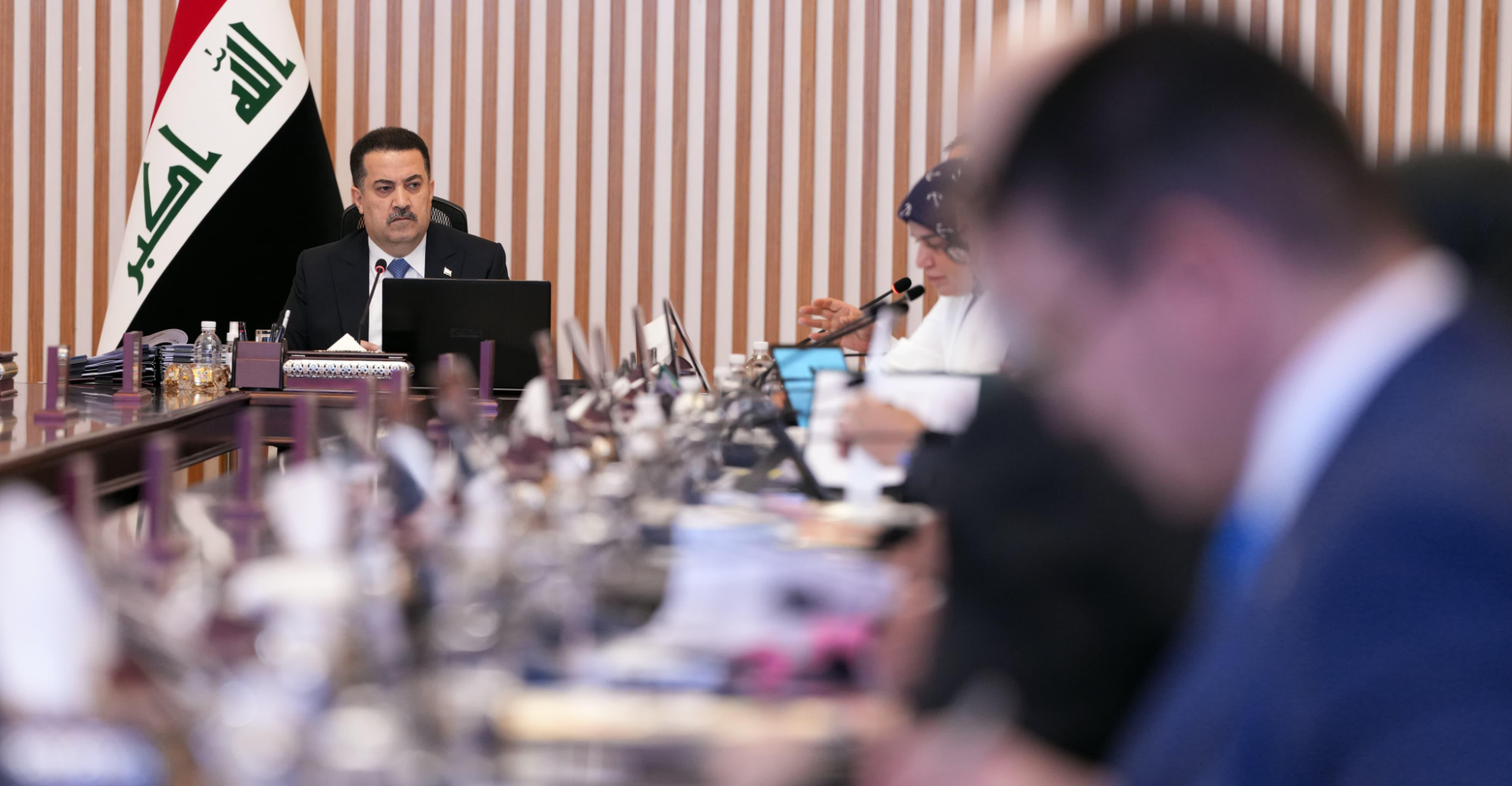A government advisor responds to Parliament: There is no financial crisis in Iraq, and hedging is a necessity.
 The advisor to the Iraqi Prime Minister, Mazhar Mohammed Salih, confirmed on Wednesday that talk of a financial crisis in the country is nothing more than “mere rumors,” stressing the need for “cautionary” economic policies in light of the current international circumstances.
The advisor to the Iraqi Prime Minister, Mazhar Mohammed Salih, confirmed on Wednesday that talk of a financial crisis in the country is nothing more than “mere rumors,” stressing the need for “cautionary” economic policies in light of the current international circumstances.
Saleh told Shafaq News Agency, “The country relies on oil revenues to finance public expenditures, accounting for up to 90% of total revenues, while government spending constitutes approximately 50% of GDP, which translates into approximately 85% of total demand, or spending on economic activity.”
He added, “All these indicators so far do not point to a crisis, as rumored, thanks to the wisdom of fiscal policy. However, there are concerns that must be addressed within the framework of general economic policy, especially in light of the repercussions of trade wars and the stumbling global energy markets, in order to preserve the country’s state of prosperity.”
Saleh explained that “the oil market is at the beginning of a downward asset cycle, and close coordination is taking place between fiscal and monetary policies to confront external challenges, by tightening fiscal discipline on both revenue and expenditure, in addition to cooperating with monetary policy to finance the deficit without affecting expenditures, and in a stable climate supported by financial leverage that partially compensates for the decline in oil revenues, within what is called the ‘policy of good fiscal management’, until the global energy market stabilizes and the temporary effects disappear.”
He pointed out that “the talk of a financial crisis is merely a rumour. Since 2014, Iraq has been accustomed to dealing with such oil cycles and has successfully managed economic stability smoothly by ensuring the provision of salaries, pensions and social welfare, supporting agricultural prices, and strengthening partnerships with the private sector in development projects through financing guarantees and sovereign guarantees monitored centrally, in line with the vision of the government’s reform programme.”
Saleh emphasized that “securing public liquidity to meet the country’s needs is a top priority, and there is successful central management of this issue, and there are no concerns about this matter.”
The Parliamentary Finance Committee had previously warned of a potential financial crisis facing Iraq in the future, given the decline in oil prices and the lack of adequate preventative measures to avert economic crises.
The Parliamentary Finance Committee affirms that Iraq’s financial hedging tools are limited and insufficient for more than two years, emphasizing the need to diversify non-oil revenues.
For their part, experts blamed the Ministry of Finance and the Central Bank for the weak monetary cycle and the loss of confidence in banks. This comes at a time when the money supply in circulation has reached approximately 127 trillion dinars, 70% of which is outside the banking system. Official data also showed a 15% decline in oil revenues in April, deepening the crisis and increasing pressure on the strategic reserve.
Shafaq.com
